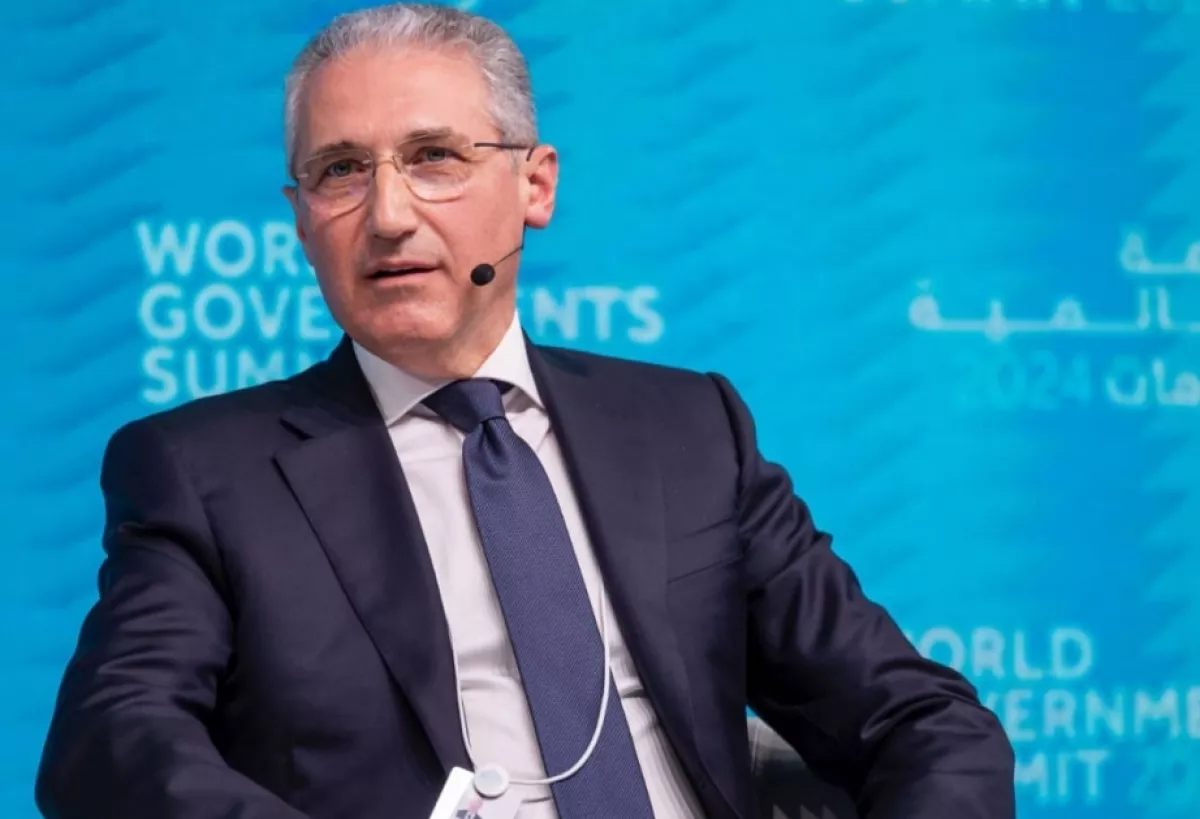Azerbaijan's Leadership in Climate Action and Renewable Energy Development
Key Ideas
- Azerbaijan, through initiatives like Green Energy Zones and the Black Sea Cable, advances global climate action and promotes hydrogen development.
- The country's partnership with ACWA Power for a $250 million energy storage project showcases its commitment to stabilizing renewable energy supply.
- At COP29, global agreements were made, including establishing a carbon credit trading market and a target of $300 billion annually in climate finance by 2035 for developing nations, despite some criticism.
Mukhtar Babaev, Azerbaijan's President's special representative for climate issues, announced the collaborative programme being developed by COP29 and COP30 teams to address the climate financing gap. The programme aims to tackle a shortfall ranging from $300 billion to $1.3 trillion. Baku hosted the founding conference of the NGO Platform Global South, emphasizing the importance of local actions in combating climate challenges. Azerbaijan showcased its leadership at COP29 by introducing initiatives like Green Energy Zones and the Black Sea Cable to export renewable energy to Europe. The country also prioritized hydrogen development, promoting green and blue hydrogen production. Through a $250 million energy storage project with ACWA Power, Azerbaijan is committed to stabilizing renewable energy supply. Despite some criticism of the climate finance deal made at COP29, Azerbaijan is dedicated to tripling its renewable energy capacity and improving energy efficiency by 2030. Its actions highlight its central role in global climate efforts, integrating sustainable energy solutions with broader development goals.
